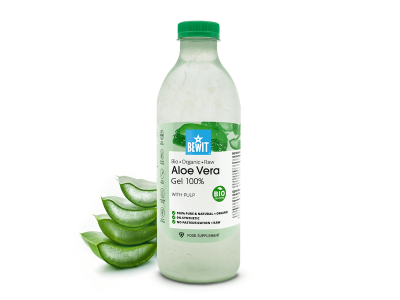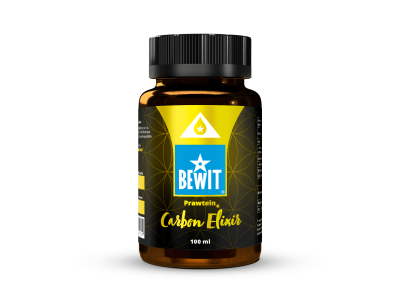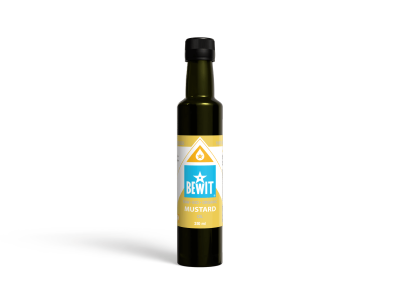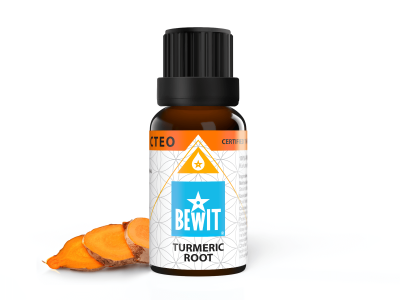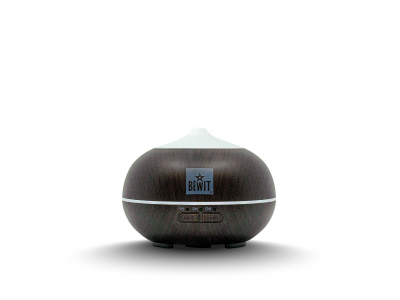
How to store vegetable oils to make them last as long as possible
Fat is a carrier of taste. However, it is also extremely important for the proper absorption of fat-soluble vitamins such as vitamin A, D, E and K in our bodies. It contributes to the proper function of the immune system and influences many other key processes in the human body. Vegetable oils are sources of unsaturated fatty acids such as Omega 3, 6 and 9. It is Omega 3 and 6 that our body cannot create on its own. We have to take them in the diet. Unsaturated fatty acids are important for your brain, heart and immunity, for example.
Vegetable oils are an essential part of many culinary recipes and beauty products. However, to ensure optimum quality and preserve all the beneficial properties, it is important to store these oils correctly.
In this article we give you tips and techniques on how to store different types of vegetable oils to make them last as long as possible.
HOW DOES STORAGE AFFECT THE SHELF LIFE OF VEGETABLE OILS?
Proper storage of vegetable oils is essential to maintain their freshness and quality. Oxidation and rancidity of fats are the most common problems that can affect oils. Light, temperature and air have a significant effect on the stability of oils and can lead to a loss of their natural flavour and nutritional value.
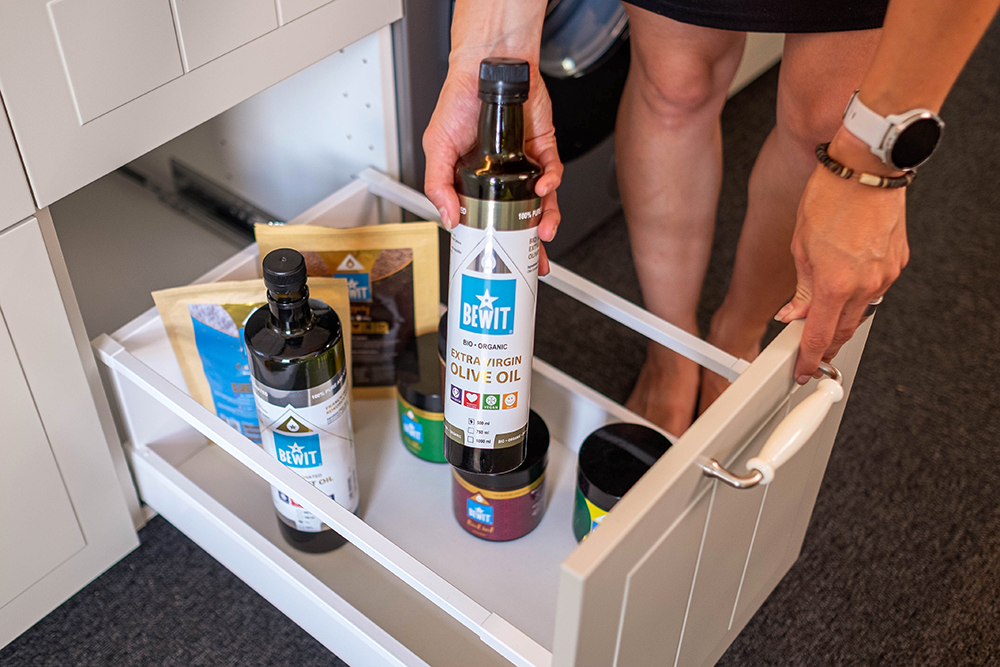
THE BEST WAY TO STORE OLIVE OIL
Olive oil is one of the most commonly used vegetable oil. If you store it in a dark bottle to protect it from light, you will significantly extend the shelf life of the olive oil. It is also important to store it in a cool environment such as a pantry or locker. Very often in homes, oils are stored on the kitchen counter, right next to a light source. However, this is detrimental to the oil and accelerates the rancidity process. Also avoid placing the oil near heat sources, such as stoves or radiators, which can raise the temperature and negatively affect the quality of the oil.
STORAGE OF LINSEED OIL AND OTHER VEGETABLE OILS
Linseed oil is rich in omega-3 fatty acids and is suitable for vegans. Traditional dietary supplements do not suit them, because in most cases they contain fish oil.
BEWIT tries to do its best to achieve thehighest freshness and nutritional value, so the product range also includes ORGANIC LINSEED OIL SUPER FRESH, which is pressed only after receiving your order. Super freshness is therefore guaranteed.
The shelf life of linseed oil can be extended by storing it in the refrigerator, which helps reduce the risk of oxidation. The need for refrigerated storage also applies to milk thistle oil.
Some oils are more susceptible to solidification at low temperatures, such as peanut oil, but if you let it sit at room temperature for a while it will liquefy again. It is recommended to take the oils out of the fridge a little while before consumption to release the full flavour.
Sesame oiland coconut oil should be stored in well-sealed bottles to minimise exposure to air.
WHAT IS THE BEST WAY TO STORE VEGETABLE OILS?
In general, vegetable oils should be stored in a cool and dark place, in closed containers. Some types of oil, such as olive oil, require even stricter storage conditions. It is important to follow the manufacturer's recommendations and read the labels on the bottles carefully.
.png)
FRESHNESS WINS
Unlike cheese or wine, oils are tastiest when they are fresh. After pressing, they also contain the greatest amount of healthy substances, which are subsequently lost due to light and other negative influences.
So store the oils according to the advice in this article and do not postpone their consumption - they will give your body the most magical things that are in them and at the same time they will excel with great taste, which will also show in the results of your wizardry in the kitchen.
Proper storage of vegetable oils is key to their shelf life and quality preservation. Avoid light, heat and air, which can adversely affect the oils. Store them in dark bottles in a cool place, ideally in the fridge. This way you can enjoy your favourite oils for longer and benefit from their positive effects.
QUESTIONS AND ANSWERS
How long does stored vegetable oillast ?
The shelf life of vegetable oils varies depending on the type of oil and storage conditions. In general, properly stored oil should be good for several months to several years.
Can I store oils in the fridge?
Yes, storing oils in the fridge can extend their shelf life. At low temperatures, the oxidation of oils is slowed down, thus protecting their quality. However, there is a risk of clouding, which is not a problem and disappears after a few minutes at room temperature.
What happens when vegetable oilturns rancid?
The rancidity of vegetable oil is a sign of a significant decline in its quality. There may be a bitter taste and a significant decrease in nutritional value. Such oil is no longer suitable for consumption.
Can I re-use rancid vegetable oil?
It is not recommended to use rancid vegetable oil. It can adversely affect the taste and health safety of food. However, to avoid having to throw it away, you can use it to treat wood (e.g.linseed oilhas been used as a wood oil for decades). You can also lubricate anything with oil once it has passed its expiry date. However, we recommend using fresh oils for cosmetic purposes.
How do I know if the vegetable oil has deteriorated?
You can tell by a change in the taste, smell or appearance of the oil. If the oil has an unusual smell, taste or appears dark cloudy, it is likely to have deteriorated and is not suitable for use.
Author of the article
![]()
Ing. Sharon Gruberová
A girl who was encouraged by her parents to play sports from a very young age. She has been through an era of fitness, hiking, in-line skating, mountain biking, running, and most importantly - quad racing. While studying marketing, she began to learn more about nutrition, nutritional counselling and the impact of nutrition on athletic performance. She worked as a counsellor in a health food store and then started working in nutrition counselling. She approaches people as a whole and can perceive connections. BEWIT shares common values and its approach to health. She lends not only her knowledge and experience to the brand, but often also her face.


